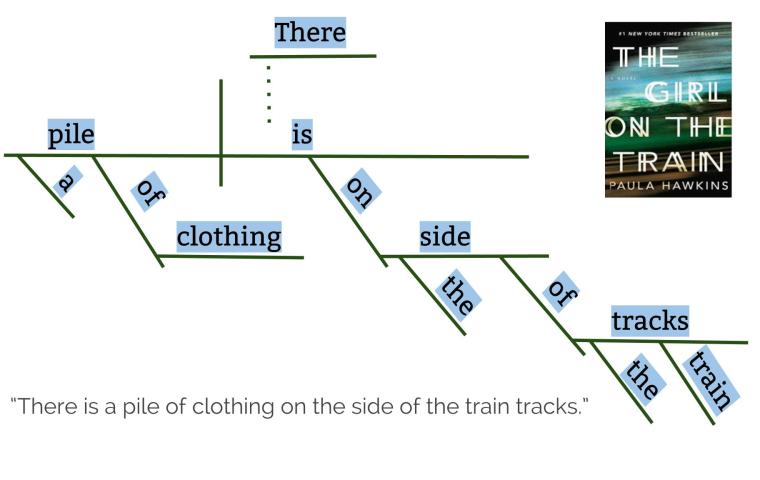https://www.wisc-online.com/learn/humanities/linguistics/wcn8207/diagramming-sentences
Category: grammar
Hebrew Alphabet
Analyzing Greek
The second part of Revelation 2: 7 is a good example of why finding the subject of a sentence is important. For one thing, it is not always expressed separately in Greek, as we see below: τῷ νικῶντι δώσω αὐτῷ φαγεῖν ἐκ τοῦ ξύλου τῆς ζωῆς, ὅ ἐστιν ἐν τῷ παραδείσῳ τοῦ θεοῦ. to the […]
via More diagramming: Rev 2: 7 — A Workbook of New Testament Greek
How Should Κοινή Greek Be Pronounced?
Diagramming – Girl on the Train
Diminutives and the Nelly Effect
What’s an Anacoluthon? | Teknia
locution defined:
1
: a particular form of expression or a peculiarity of phrasing; especially : a word or expression characteristic of a region, group, or cultural level
2
: style of discourse : phraseology
To BE or not to BE: Reduce “to be” verbs to improve your writing
Developing writers often rely on “to be” verbs when communicating action. To-be verbs are all forms of “be”: is, am, are, was, were, be, being, and been. In some student papers, English teachers might find “is” as the verb in the majority of sentences. Even professional writers struggle with the over-reliance on “is” as a verb. So what is so wrong with using “is” and other to-be verbs in writing? Oh dear! I just used is as a verb in that last sentence!
Take a look at the following example:
The girl is pretty.
What does “pretty” look like? Is creates a vague description. What does the girl’s pretty actually look like?
The girl has flowing auburn hair, crimson lips, and eyes I could drown in for days.
In the first example, the is verb creates a lazy sentence; it isn’t showing the…
View original post 423 more words






